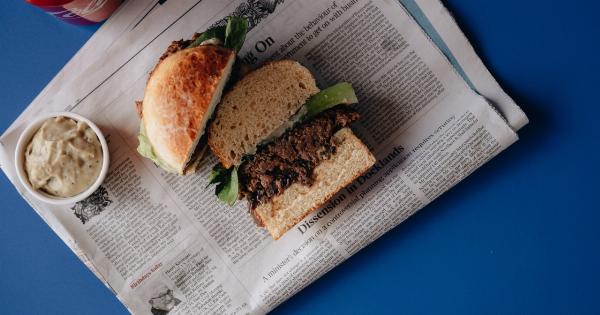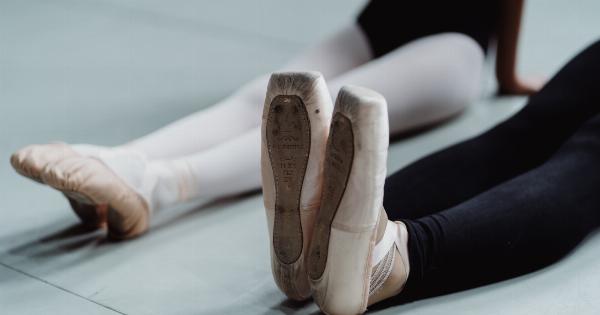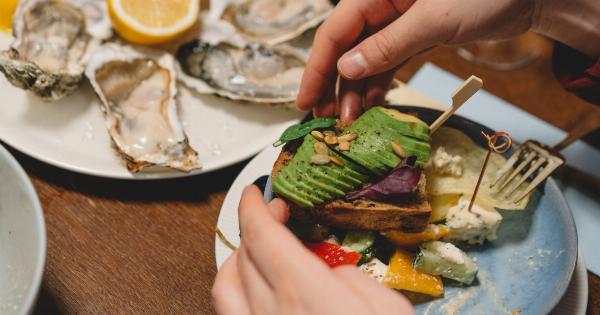Many people wonder whether they should eat before or after they exercise. While there is no one-size-fits-all answer to this question, there are some general guidelines you can follow to help you determine the best time to eat.
Why is timing important?
The timing of your meal is important because it can affect your energy levels, endurance, and recovery time. It can also affect your body composition goals, whether you are trying to lose weight, gain muscle, or just maintain your current weight.
When you exercise, your body uses stored energy in the form of glycogen. If you haven’t eaten recently, your glycogen stores may be low, which can lead to fatigue or decreased endurance during your workout.
Likewise, if you eat too close to your workout, you may feel sluggish or uncomfortable during your exercise session.
Choosing the right time to eat can help you maintain your energy levels throughout your workout. It can also help to promote muscle recovery post-workout.
Before Exercise
If you plan to exercise, you should aim to eat a meal or snack that is high in carbohydrates roughly two to three hours before your workout.
Carbohydrates are your body’s primary energy source, so eating a meal that is high in carbs will help to fuel your workout.
Aim to consume 30-60 grams of carbohydrates in your pre-workout meal. Some good options include:.
- Whole-grain toast with peanut butter and banana
- Oatmeal with fruit and nuts
- A smoothie with fruit, Greek yogurt, and honey
- A turkey and cheese sandwich on whole-grain bread
If you can’t eat a full meal before your workout, aim to eat a snack that is high in carbohydrates about 30 minutes before exercise. Some good options include:.
- A banana
- A granola bar
- A handful of grapes or raisins
- A handful of pretzels or crackers
After Exercise
Eating a meal after exercise is important because it can help to promote muscle recovery and replenish glycogen stores. In particular, you should aim to consume a meal or snack that is high in protein to help repair and build muscle.
You should aim to eat your post-workout meal within 30 minutes to an hour after exercise to maximize its benefits. If you can’t eat a full meal, aim to eat a snack that is high in protein and carbohydrates.
Some good options for a post-workout meal include:.
- Grilled chicken with roasted vegetables and quinoa
- A stir-fry with tofu, vegetables, and brown rice
- A turkey burger with a sweet potato and side salad
- A smoothie with protein powder, fruit, and Greek yogurt
Some good options for a post-workout snack include:.
- A protein shake with fruit and almond milk
- A hard-boiled egg with a piece of fruit
- A handful of almonds and a piece of fruit
- A scoop of hummus with vegetables or pita chips
Conclusion
The timing of your meals can have a significant impact on your exercise performance and recovery.
In general, you should aim to eat a high-carbohydrate meal or snack two to three hours before exercise, and a high-protein meal or snack within 30 minutes to an hour after exercise. However, it’s important to listen to your body and adjust your timing and food choices based on your individual needs.



























